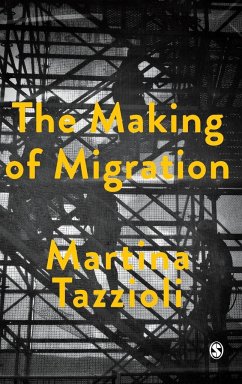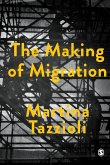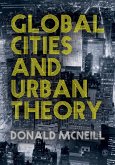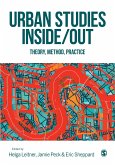The Making of Migration addresses the rapid phenomenon that has become one of the most contentious issues in contemporary life: how are migrants governed as individual subjects and as part of groups? What are the modes of control, identification and partitions that migrants are subjected to?
Bringing together an ethnographically grounded analysis of migration, and a critical theoretical engagement with the security and humanitarian modes of governing migrants, the book pushes us to rethink notions that are central in current political theory such as multiplicity and subjectivity. This is an innovative and sophisticated study; deploying migration as an analytical angle for complicating and reconceptualising the emergence of collective subjects, mechanisms of individualisation, and political invisibility/visibility.
A must-read for students of Migration Studies, Political Geography, Political Theory, International Relations, and Sociology.
Bringing together an ethnographically grounded analysis of migration, and a critical theoretical engagement with the security and humanitarian modes of governing migrants, the book pushes us to rethink notions that are central in current political theory such as multiplicity and subjectivity. This is an innovative and sophisticated study; deploying migration as an analytical angle for complicating and reconceptualising the emergence of collective subjects, mechanisms of individualisation, and political invisibility/visibility.
A must-read for students of Migration Studies, Political Geography, Political Theory, International Relations, and Sociology.
The Making of Migration is a timely and extremely original book. Analyzing at the same time technologies of control and migrants practices of resistance it casts migration as a battleground. And it compels us to test and rethink our political vocabulary within that battleground.
Sandro Mezzadra, Associate Professor of Political Theory, the University of Bologna.
Sandro Mezzadra 20190809
Sandro Mezzadra, Associate Professor of Political Theory, the University of Bologna.
Sandro Mezzadra 20190809









